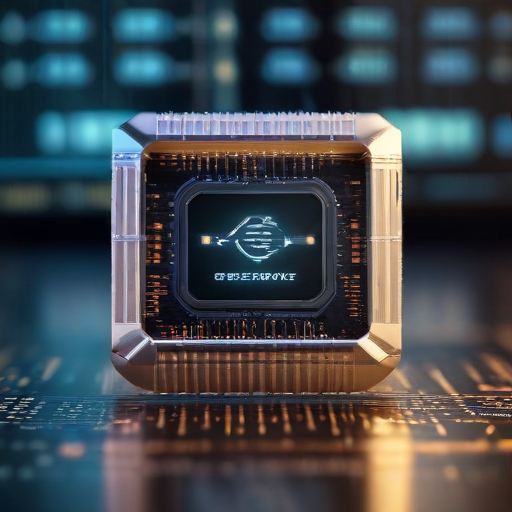Google’s stock saw a notable increase of over 5% on Tuesday following the announcement of a groundbreaking new chip, named Willow, which the tech giant claims marks a significant advancement in quantum computing. In a blog post published on Monday, Google revealed that the new chip can solve a complex mathematical equation that would take a classical supercomputer an unimaginable 10 septillion years—far longer than the entire history of the universe—in just five minutes using quantum computing technology.
This new chip is said to resolve a critical limitation in the field of quantum computing. Unlike traditional computers that operate using bits represented as either 1s or 0s, quantum computers utilize qubits. These qubits, which operate based on the principles of quantum mechanics, have the unique ability to exist in multiple states simultaneously, vastly enhancing processing potential.
However, one of the challenges with qubits has been their fragility and susceptibility to errors. Typically, utilizing more qubits in a computation leads to an increased likelihood of errors. Google asserts that it has successfully decreased these errors while concurrently boosting the number of qubits used in its tests, a significant stride toward achieving the reliability necessary for practical applications of quantum computers.
Google is not the only major player making strides in this rapidly evolving technological landscape. IBM has been engaged in quantum research since the 1980s, while other tech giants like Intel, Amazon, Microsoft, and Honeywell are also vying for advancements in quantum computing.
The potential applications for quantum computing are vast and promising, according to Google. These include revolutionary breakthroughs in drug discovery, advancements in sustainable energy solutions, and enhancing cybersecurity measures.
Moreover, there is increasing governmental support for quantum research in the United States. In 2018, the National Quantum Initiative Act was signed into law, allocating $1.2 billion in federal funding for various projects in the field. Under the Biden administration, the CHIPS and Science Act was introduced to further fund quantum computing initiatives. Recently, bipartisan efforts in Congress led to a proposal to reauthorize the previous law, pledging an additional $2.7 billion for quantum computing research aimed at developing practical applications.
On the international front, China is also investing heavily in this sector, with reports indicating that over $15 billion is being allocated for quantum research.
While optimism surrounds the evolution of quantum computing, a 2024 survey by McKinsey reveals that a significant majority (72%) of tech and investment executives believe that fully fault-tolerant quantum computers—ones ready for practical use—are unlikely to materialize until after 2035.
This significant leap by Google underscores the potential breakthrough in quantum technology, suggesting a forthcoming era of innovation that could transform various industries and aspects of daily life. The ongoing competitive landscape and increased funding indicate a hopeful trajectory for the future of quantum computing, which may eventually deliver practical solutions with far-reaching impacts.
